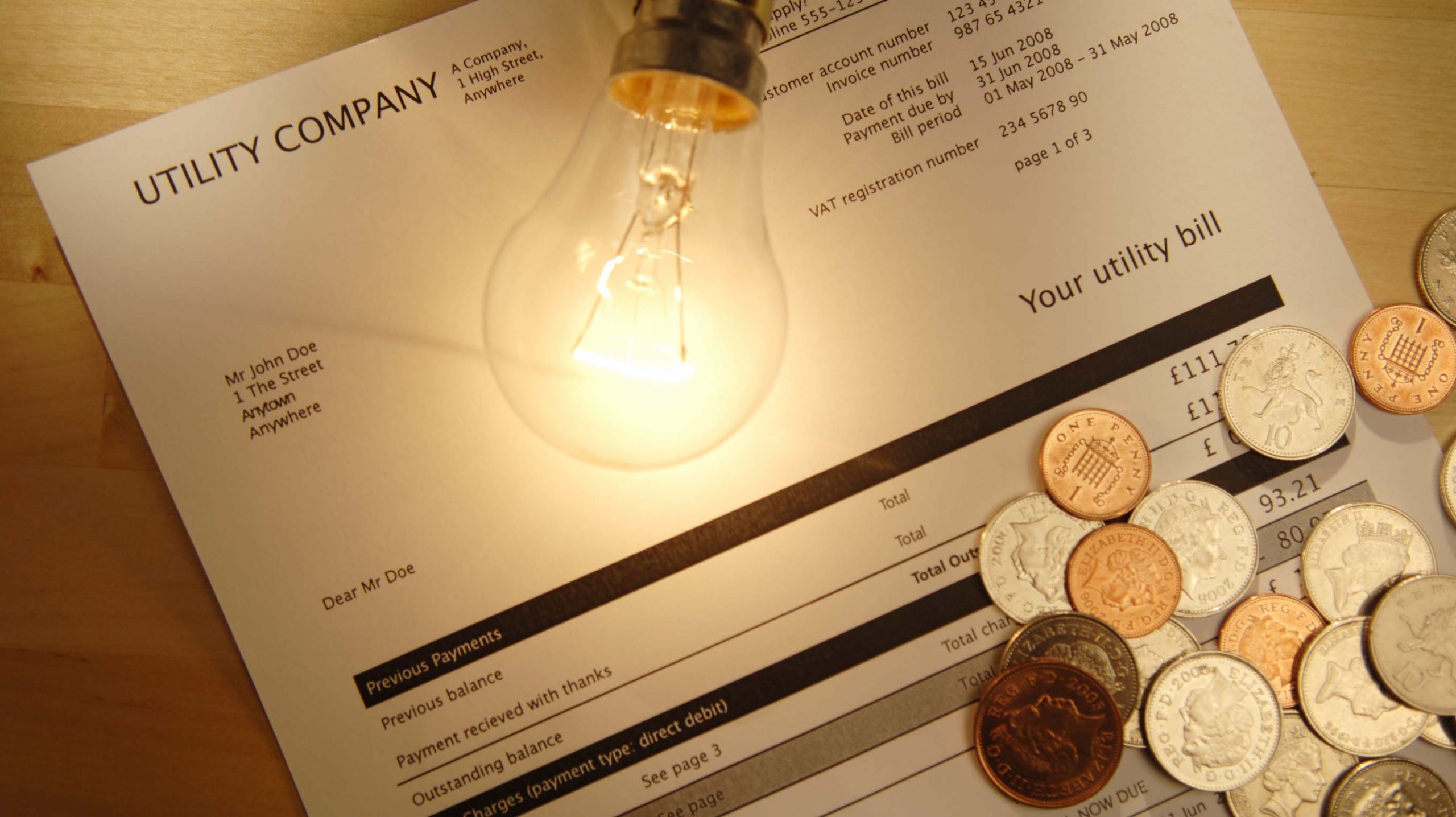Corporations are capable of swaying opinions and leading the masses. Use that power to bring about change for the sole purpose of protecting this world for future generations.
The post The Updated Essential Questions of Sustainability for Corporations appeared first on Green Prophet.
An ancient hut now the center of the design world in Dubai. The world is looking back to the past to see what the future can bring.
The world is changing. There is no question about it. But everyone can attest that it’s not for the better.
Climate change is a real threat to humanity and probably one of the biggest problems we’re facing in the 21st century. The BBC reported that human-made climate change was responsible for 10 of the deadliest extreme weather phenomena in the last 20 years.
Citing data from the World Weather Attribution (WWA), the news outlet says that storms, heatwaves and floods in Europe, Africa and Asia claimed the lives of more than 570,000 people.
An Action Plan for Sustainability
Rising global temperatures, increased income inequality and geopolitical tensions are by-products of climate change.
The systematic disruption of the status quo is set to deepen unless consumers, governments and corporations band together to come up with actionable plans.
Strategic management consultant Dr. Oliver Eitelwein believes disruption is needed so we can reconsider what we thought to be fact and reshape how we interact with our environments. Dr Eitelwein’s statement points to one word: sustainability.
Business leaders have the power to enact change. In this article, we’ll discuss how corporations can increase their sustainability practices.
What Does Sustainability Mean to My Business?
ESG environment social governance investment business concept. Women use a computer to analyze ESG, surrounded by ESG icons .close to the computer screen in business investment strategy concept.
It’s not an easy question. But starting with the basics will help plan a roadmap.
Define what sustainability means for your business. Does it encompass social impact, environmental responsibility or economic endurance? Once you have the answers, incorporate them into your sustainable business strategy.
How Can My Business Actively Contribute to Conservation?
Partnering with NPOs and conservation warriors is the first step in committing to change. Collaboration work makes a positive impact on your business and communities.
This requires extensive research and ensuring your brand’s ethos aligns with your partner’s mission statement.
For example, if your company prides itself on sustainable packaging or recycled materials, it’s worth checking out initiatives that reduce plastic use in the environment. Click here to learn more about furthering your brand’s reputation as a leader in social impact.
Right now, ocean conservation remains a passionate cause for many. However, the ocean plastic crisis is hindering much-needed research in discovering new species.
Merit researcher Dr Adrian Glover leads deep-sea exploration for the Natural History Museum. He says in some regions of the deep ocean, his team has calculated over 80% of the species they bring up as samples are discoveries.
The world’s oceans need projects and startups recovering trash so that scientists like Dr Glover can continue with their work.
“To see those places littered with plastic, to see people losing their income and way of life… it’s the driving force behind why we clean,” says 4ocean.
Are My Customers Willing to Pay More for Sustainable Products?
Bootstrapping in business, whether you run a startup or a brewery, means doing everything you can with your own hands and skills before you pay someone else to do it.
It’s a fine balancing act when integrating sustainable practices without compromising profit margins. You’re answerable to board members and shareholders where the bottom line is always increased revenue.
Maddyness says that assessing the economic value consumers place on a product or service is important. Yet, as business leaders, you must discern the financial implications of going green.
Eco-conscious consumer trends point to a willingness to make decisions with the environment in mind. Yet, the current economic climate is the difference between a higher price point and making sustainable choices.
How do I Measure My Sustainable Goals?
Business with a purpose has emerged in recent years as a marketable buzzword but at its core lies a spirit of aligning business goals with environmental and sustainability objectives.
Sustainability Magazine claims companies are continuously embracing business models that incorporate corporate social responsibility (CSR) and other sustainable practices into their metrics. Yet in doing so, some are greenwashing their mission statements to increase their green credentials.
Rose Stuckey Kirk, Chief CSR Officer at Verizon, tells the publication companies must maintain a firm grip on tracking goals set in their initiatives. Integrate analytics for each project and set goals aligned with your business strategy.
How Can I Use Technology to Advance Our Goals?
Sari Beeri from MIT uses AI to map city trees for urban planners and to assess the impact of climate change
The World Economic Forum describes businesses as the engines of innovation; harnessing emerging technologies to accelerate solutions.
Merging all lines of business towards sustainable management includes production and value chains.
Cloud-based digital technologies present a solid starting point and flexible integration of datasets. This solution can scale at the same pace as a company moves towards net zero.
Explore green IT innovations, blockchain for supply chain transparency or renewable energy sources to increase energy efficiency.
Humanity is in flux. We are standing at the precipice of inevitable change. One wrong move could mean all the hard work we’ve done until now will be null and void.
Corporations are capable of swaying opinions and leading the masses. Use that power to bring about change for the sole purpose of protecting this world for future generations.
The post The Updated Essential Questions of Sustainability for Corporations appeared first on Green Prophet.
Recommended Story For You :

Bringing Dead Batteries Back To Life Is Simple!

SEPTIFIX to the Rescue! Say Goodbye to Problems and Hello to Savings

Ecomposing of Paper Towels Produce Methane Gas

A Leading Cause Of Global Warming!

A cleaner world where energy is abundant essentially free

and sourced directly out of the inherent power of the space surrounding us.

MIT Discovery can cut power bills by 65%

Easy DIY Power Plan Will Change Our World Forever

